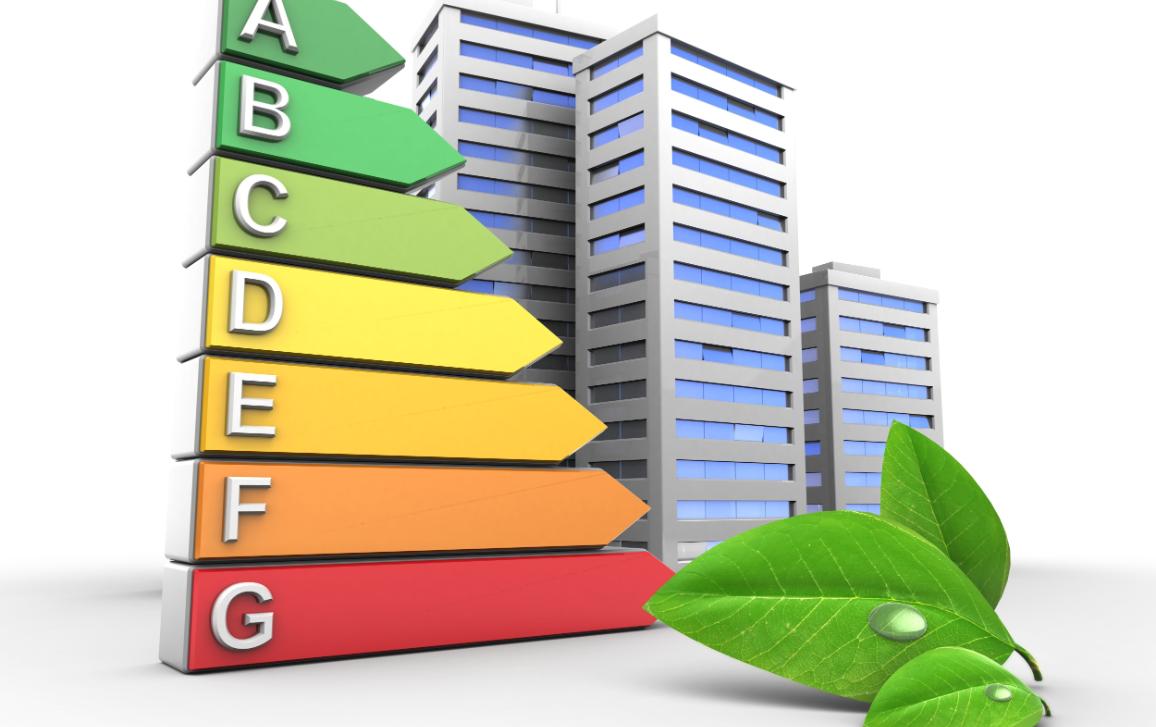BPFI welcomes the provisional agreement reached by the European Council and the European Parliament on the 7th of December on a proposal to update the Energy Performance of Buildings Directive (EPBD). The revised directive, negotiated by Irish MEPs Ciarán Cuffe and Séan Kelly, sets out new and more ambitious energy performance requirements for new and renovated buildings in the EU, namely, that all new buildings should be zero-emission by 2030, and that existing building stock should be transformed into zero-emission buildings by 2050. Some key changes include the deployment of solar energy installations, the setting of minimum energy performance standards and the phasing out of fossil fuels boilers.
Louise O’Mahony, Head of Sustainable Banking, BPFI stated: “BPFI and our members welcome the provisional agreement reached on the revised EPBD. The EPBD, while not constituting financial services legislation, will provide policy certainty for lenders as they further develop green products and services that support their customers to enhance the energy performance of their buildings.”
“The impetus EPBD will provide to clients to improve their buildings will help protect banks’ long-term assets, as over time, the proportion of their lending portfolios that can be considered sustainable will increase significantly. This will both address the risks arising from climate change events and increase compliance with evolving regulation put in place to mitigate and adapt to climate change.”
Commenting on the wider context for the revised directive, Ms O’Mahony continued: “Buildings are responsible for approximately 40% of Europe’s energy consumption and 36% of its CO2 emissions and the directive will deliver on a key aspect of the European Union’s “Fit for 55” package, the legal obligation to reduce EU emissions by at least 55% by 2030 and to be climate neutral by 2050.”
“The EPBD will also underpin the ambitious targets, set by the Irish government through the Climate Action Plan, to vastly reduce the greenhouse gas emissions of buildings in Ireland by 2030 (45% for commercial and public buildings and a 40% reduction for residential buildings); and will strengthen the targets of the National Retrofit Plan to retrofit 500,000 homes to a Building Energy Rating of B2 or equivalent and to install 400,000 heat pumps to replace older, less efficient heating systems by the end of 2030.”
She concluded: “BPFI and our members are already working with customers to help reach these targets through green and transition finance products. The recent introduction of the Home Energy Loan Upgrade Scheme, funded by the European Investment Bank, and facilitated by the Strategic Banking Corporation of Ireland, has also been a welcome initiative to help support customers with low interest loans to help scale up the retrofitting of residential properties. However, we expect that the EPBD, once implemented, will help prompt further consumer demand, enabling banks to offer a wider range of products and services tailored to clients’ needs, particularly those seeking finance for energy-efficient building projects.”
The European Parliament vote is expected to take place in early 2024. Once approved, implementation is expected to begin in 2026.
Read BPFI’s Decarbonising Homes in Ireland report
ENDS/
Note: Banking & Payments Federation Ireland (BPFI) represents the banking, payments and fintech sector in Ireland. Together with its affiliates, the Federation of International Banks in Ireland, and the Fintech & Payments Association of Ireland, BPFI has over 125 member institutions and associates, including licensed domestic and foreign banks and institutions operating in the financial marketplace here.
Contact: Fiona Murphy, Head of Communications, 087 9740046, fiona.murphy@bpfi.ie or Jillian Heffernan, Director of Communications, 087 9016880, jillian.heffernan@bpfi.ie.







